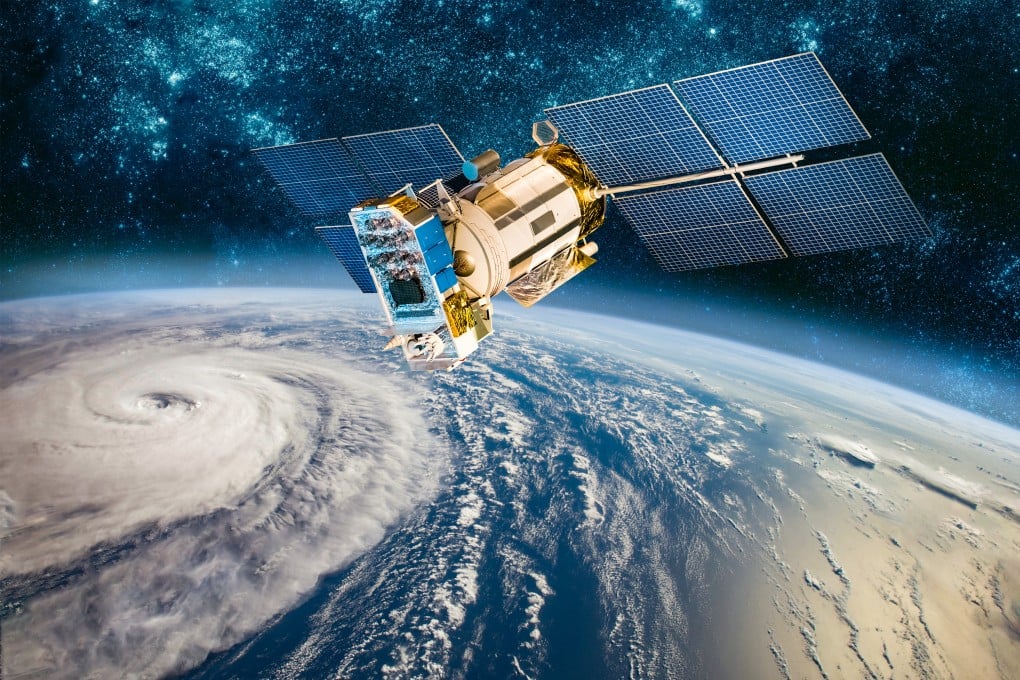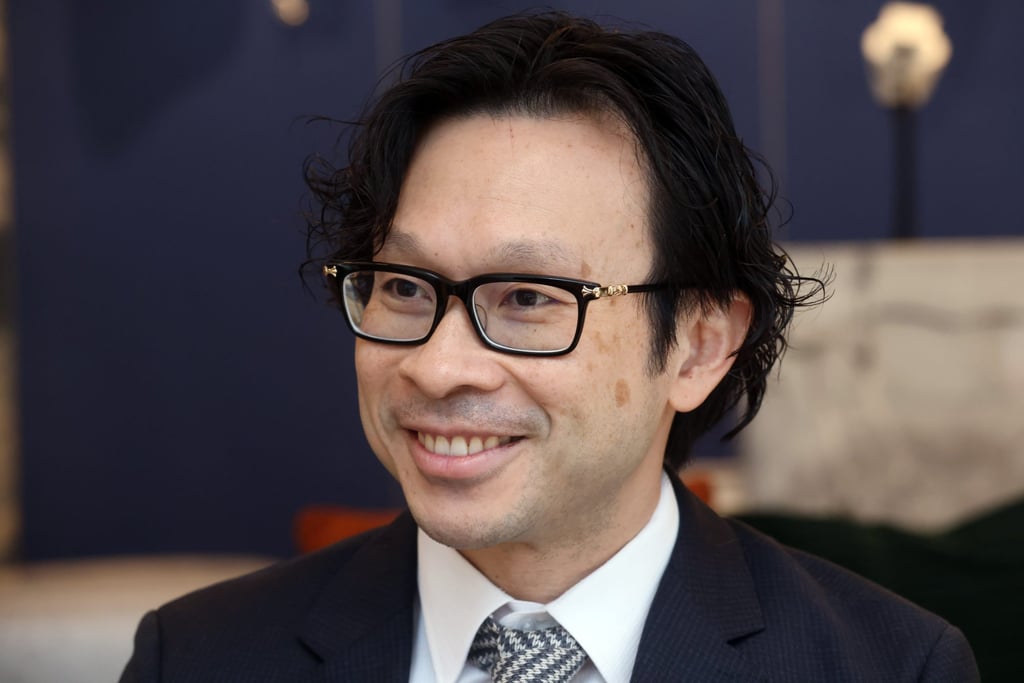Advertisement
Down to Earth: start-up backed by Hong Kong tycoon Peter Lee aims to commercialise battery technology used in space
- EnerVenue, co-founded by the family office of Hong Kong tycoon Peter Lee, aims to build factories in the US and China to commercialise an old battery technology deployed in space
- It can be used in power grids to manage intermittent renewable electricity production, and act as backup power for industrial, commercial and residential buildings
Reading Time:3 minutes
Why you can trust SCMP

EnerVenue, a rechargeable batteries start-up co-founded by Full Vision Capital, the family office of Hong Kong tycoon Peter Lee Ka-kit, aims to build multiple plants in the US and China to commercialise an old battery technology deployed in outer space for use here on Earth.
The California-based company has developed processes to lower the total life-cycle costs of energy storage systems based on nickel and hydrogen that were used for decades in extreme aerospace conditions, so that they can compete with existing products, said Alan Chan Ying-lung, managing partner at Full Vision, which has incubated six low-carbon energy ventures now worth more than US$6.8 billion.
Down on Earth, the technology’s possible applications include solar photovoltaic, wind energy, rechargeable piles and power grids.
Advertisement
“The cost of our systems will be very competitive to the existing utility-scale energy storage products in the world,” Chan said on the sidelines of the One Earth Summit, a sustainability conference in Hong Kong, on March 25. “On a life cycle basis, EnerVenue’s storage is cheaper than the lithium-ion battery, and has superior durability, safety, versatility and sustainability.”

The start-up’s product can be charged and discharged 30,000 times without rest for 30 years, Chan said. It is fireproof, operable between minus 40 and 50 degrees Celsius and is 90 per cent recyclable.
Advertisement
Advertisement
Select Voice
Choose your listening speed
Get through articles 2x faster
1.25x
250 WPM
Slow
Average
Fast
1.25x